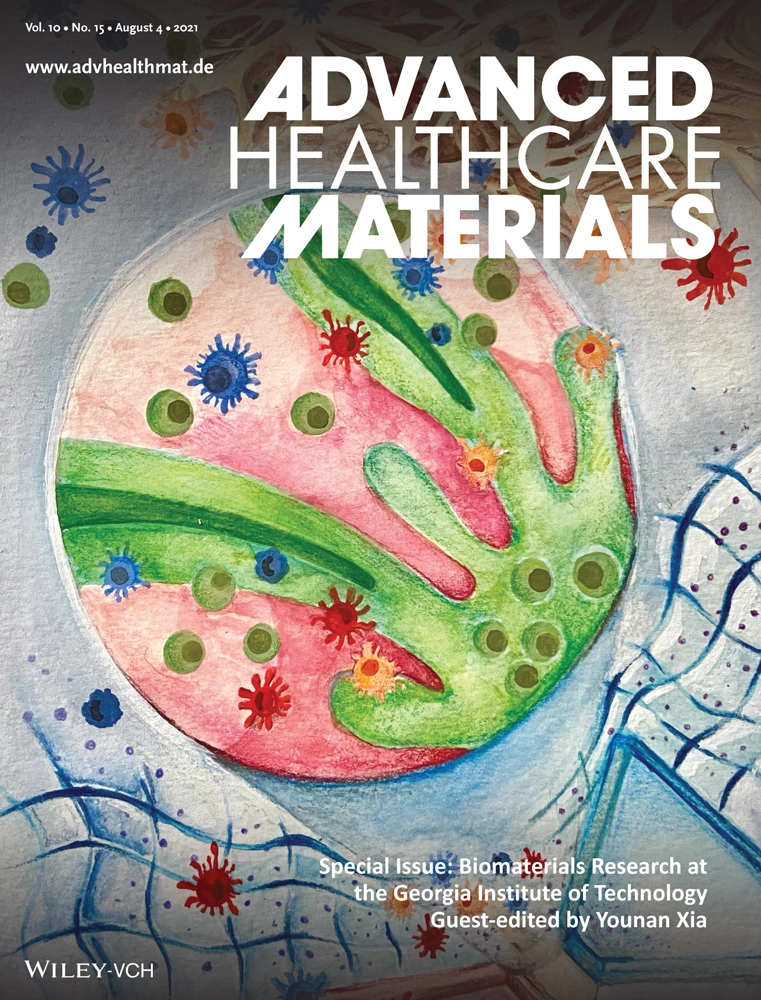|
Autors/es
Dosta, Pere ; Tamargo, Ian; Ramos, Victor ; Tamargo, Ian; Ramos, Victor ; Kumar, Sandeep; Kang, Dong Won; Borrós, Salvador ; Kumar, Sandeep; Kang, Dong Won; Borrós, Salvador ; Jo, Hanjoong ; Jo, Hanjoong
|
Abstract
Endothelial cells (ECs) are an important target for therapy in a wide range of diseases, most notably atherosclerosis. Developing efficient nanoparticle (NP) systems that deliver RNA interference (RNAi) drugs specifically to dysfunctional ECs in vivo to modulate their gene expression remains a challenge. To date, several lipid-based NPs are developed and shown to deliver RNAi to ECs, but few of them are optimized to specifically target dysfunctional endothelium. Here, a novel, targeted poly(β-amino ester) (pBAE) NP is demonstrated. This pBAE NP is conjugated with VHPK peptides that target vascular cell adhesion molecule 1 protein, overexpressed on inflamed EC membranes. To test this approach, the novel NPs are used to deliver anti-microRNA-712 (anti-miR-712) specifically to inflamed ECs both in vitro and in vivo, reducing the high expression of pro-atherogenic miR-712. A single administration of anti-miR-712 using the VHPK-conjugated-pBAE NPs in mice significantly reduce miR-712 expression, while preventing the loss of its target gene, tissue inhibitor of metalloproteinase 3 (TIMP3) in inflamed endothelium. miR-712 and TIMP3 expression are unchanged in non-inflamed endothelium. This novel, targeted-delivery platform may be used to deliver RNA therapeutics specifically to dysfunctional endothelium for the treatment of vascular disease.
|

WoS
Scopus
Altmetrics
 
|
|
Publicació
Advance Healthcare Materials, 4 August 2021, v.10, n.15, 2001894
|
